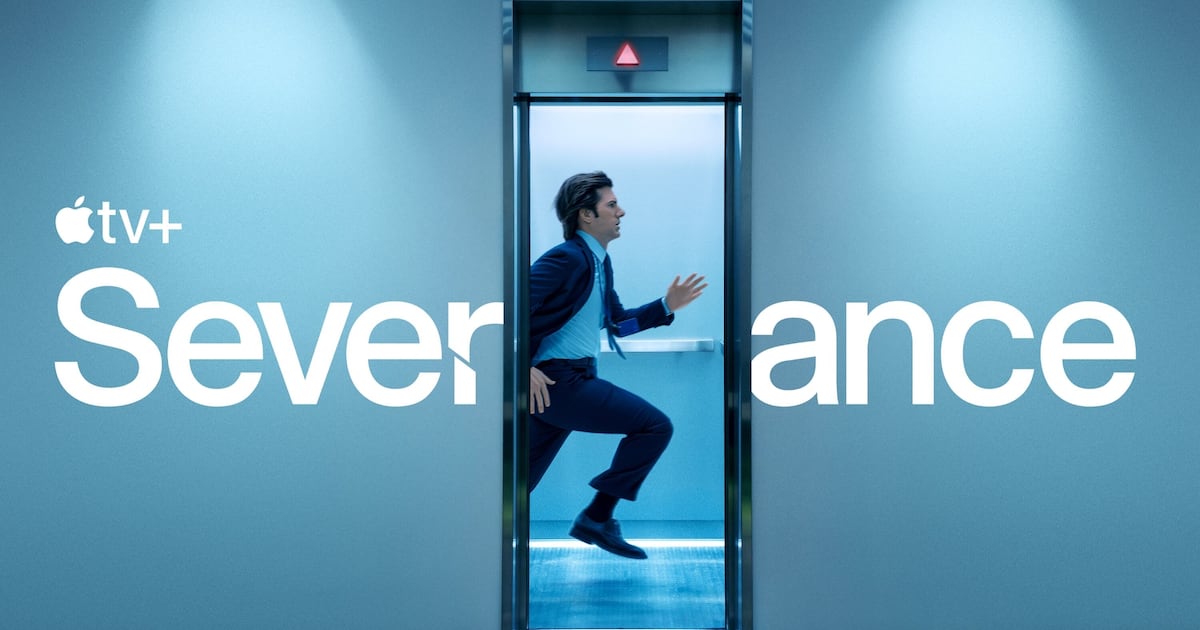
"In real life, the idea of surgically separating someone's mind isn't entirely a thing of science fiction either."
"The characters have chips implanted in their brains to create a split in their memory - seemingly two separate personas with completely different memories."
"Researchers have been exploring cognitive neuroscience, noting 'split-brain' patients have existed since the 1940s to control epilepsy symptoms."
"'Severance' highlights the importance of connection amid a work-obsessed culture, drawing parallels to a mental health crisis."
The article discusses the Apple TV+ series "Severance," which explores the theme of work-life separation through characters who have their memories split by technology. With insights from psychologists, the show is presented as a reflection of real mental health challenges in a work-obsessed culture. The concept of the "split-brain" phenomenon, which has been studied by neuroscientists since the 1940s for epilepsy treatment, is introduced to illustrate that the idea of such a mental schism, while exaggerated for dramatic effect, is rooted in real neuroscience. As the series continues to gain popularity, it draws attention to the crucial balance between personal and professional lives.
Read at ajc
Unable to calculate read time
Collection
[
|
...
]